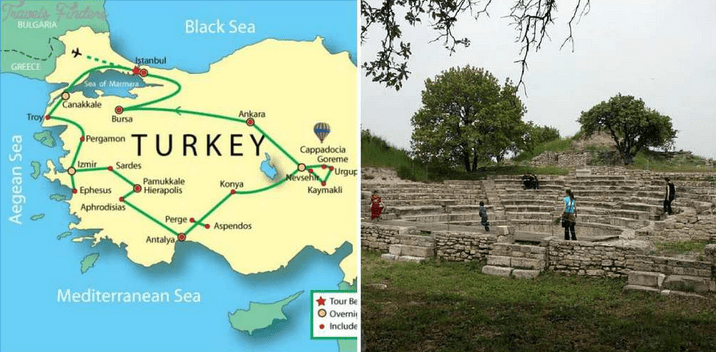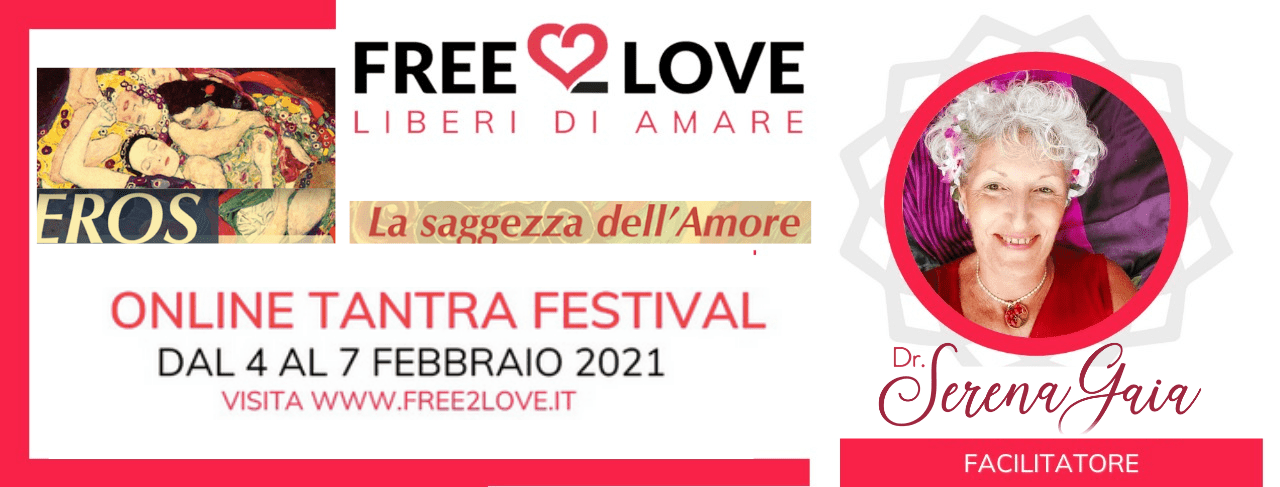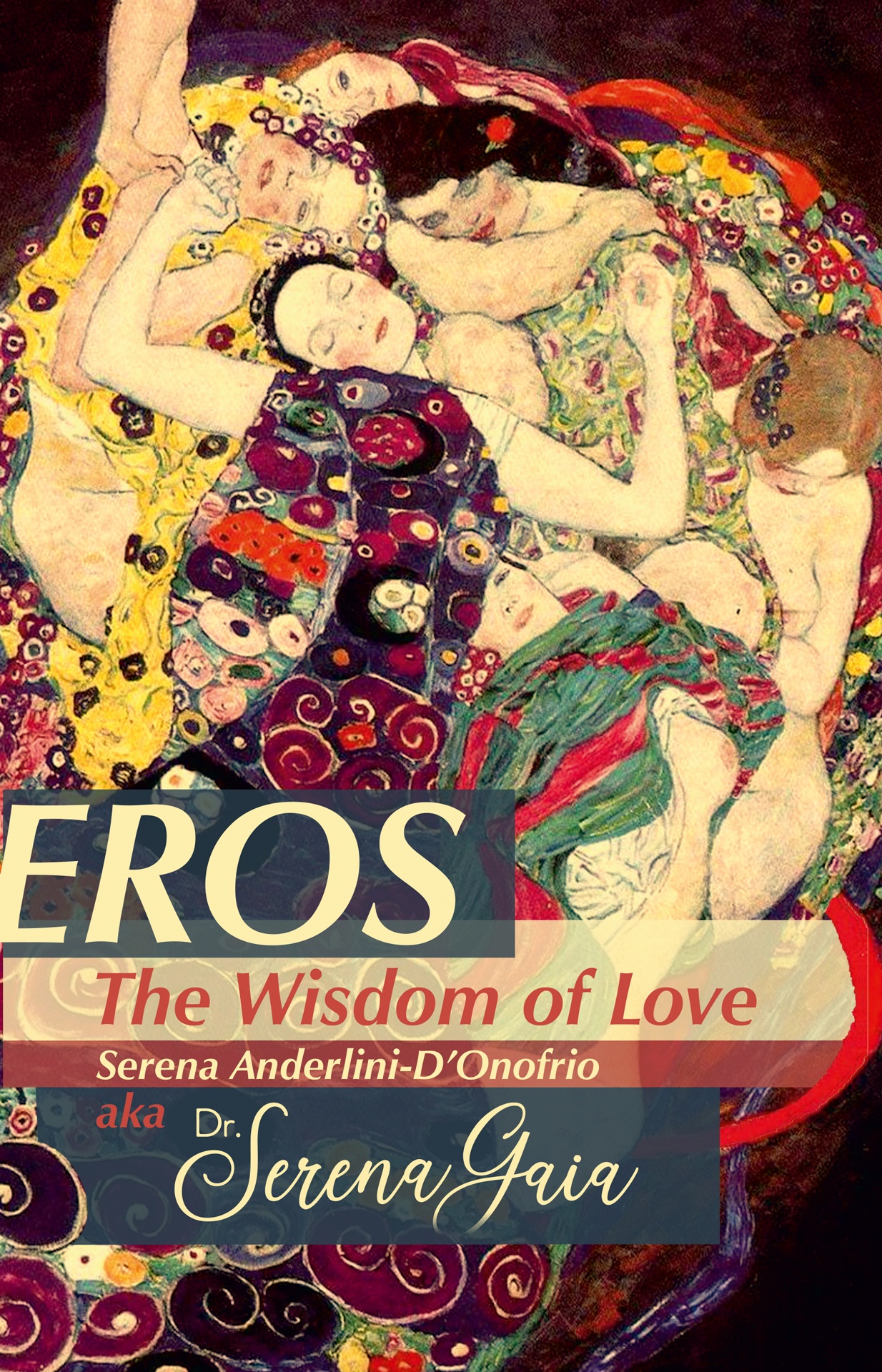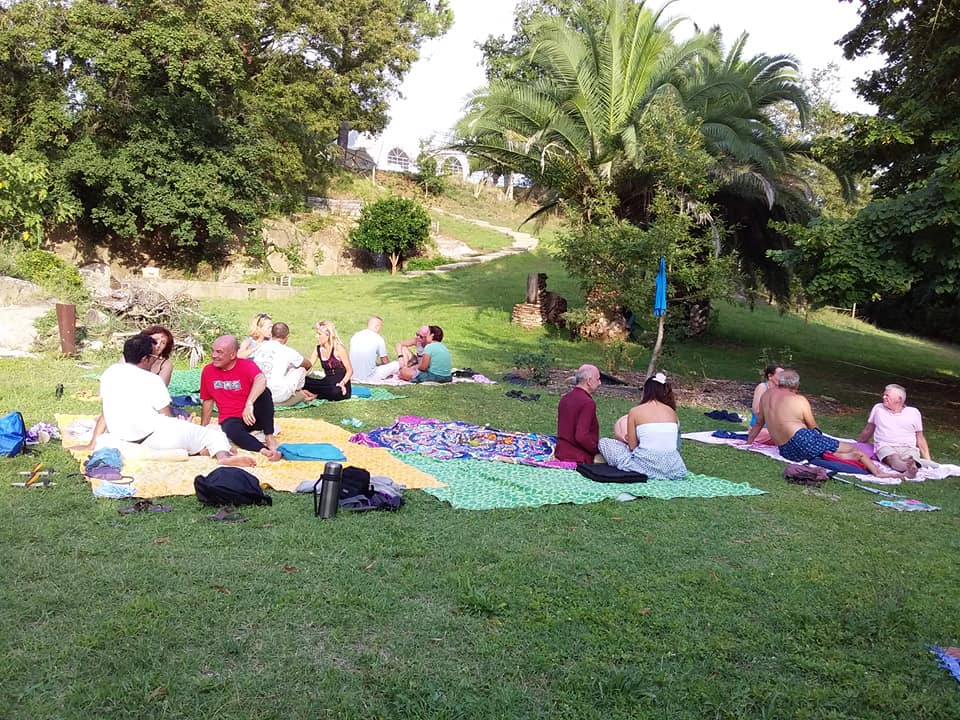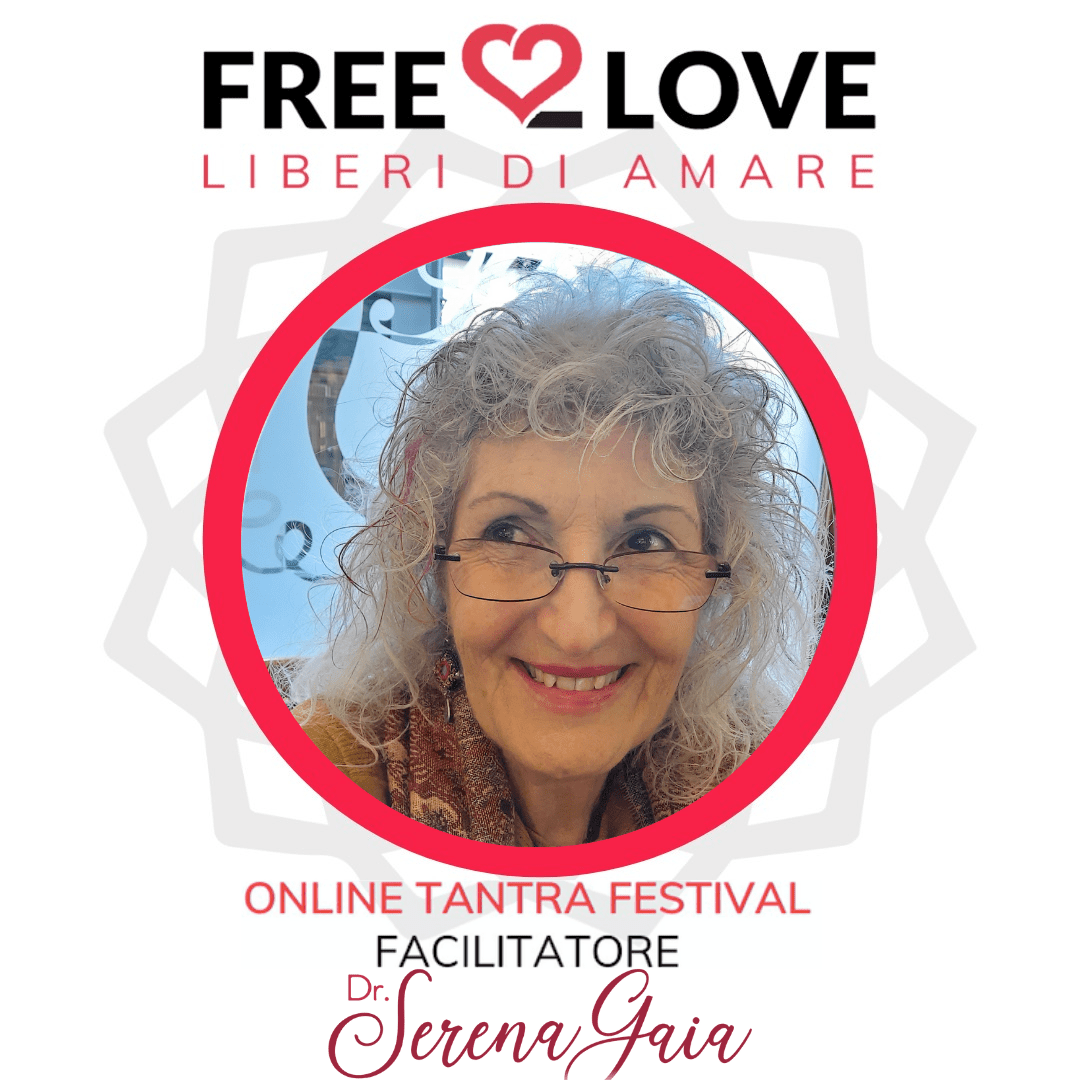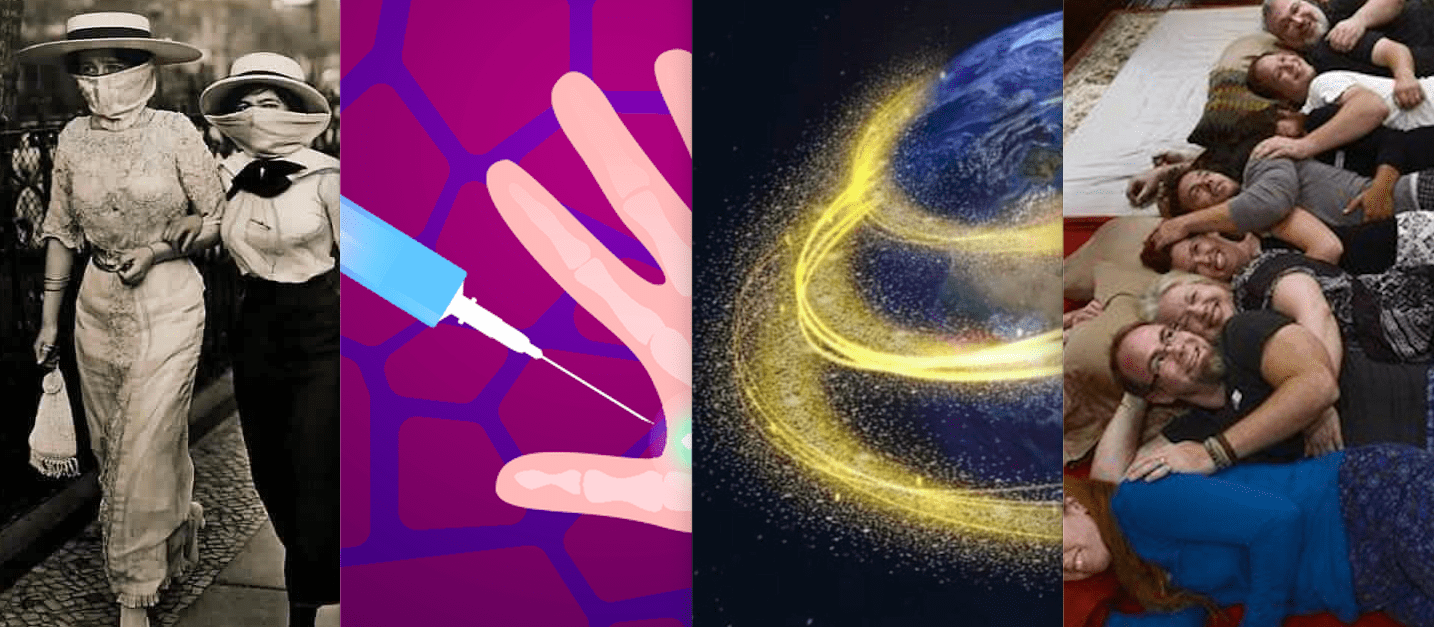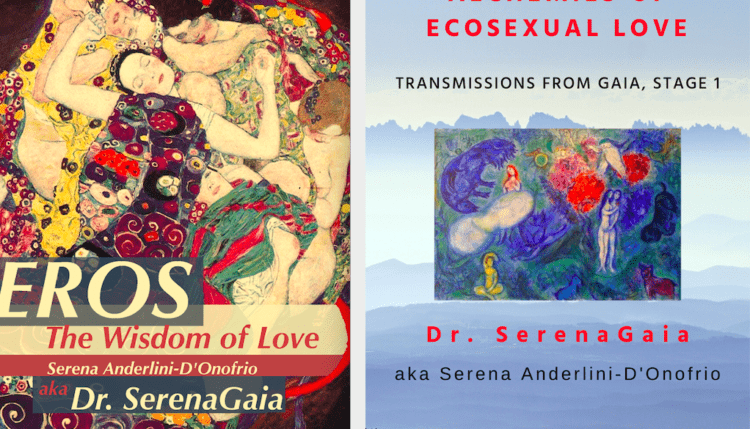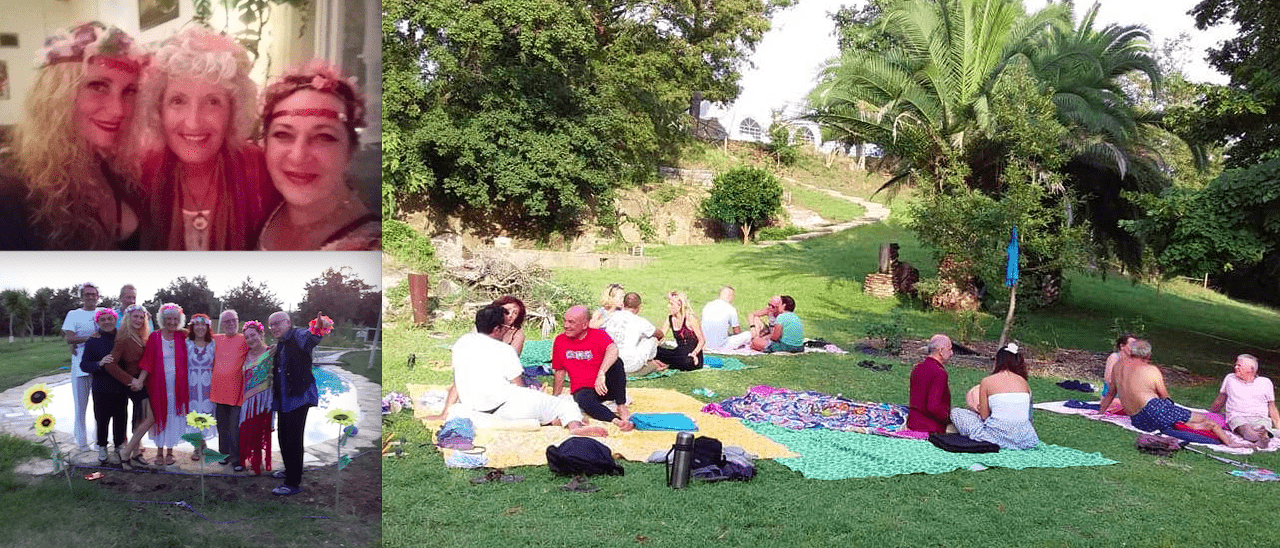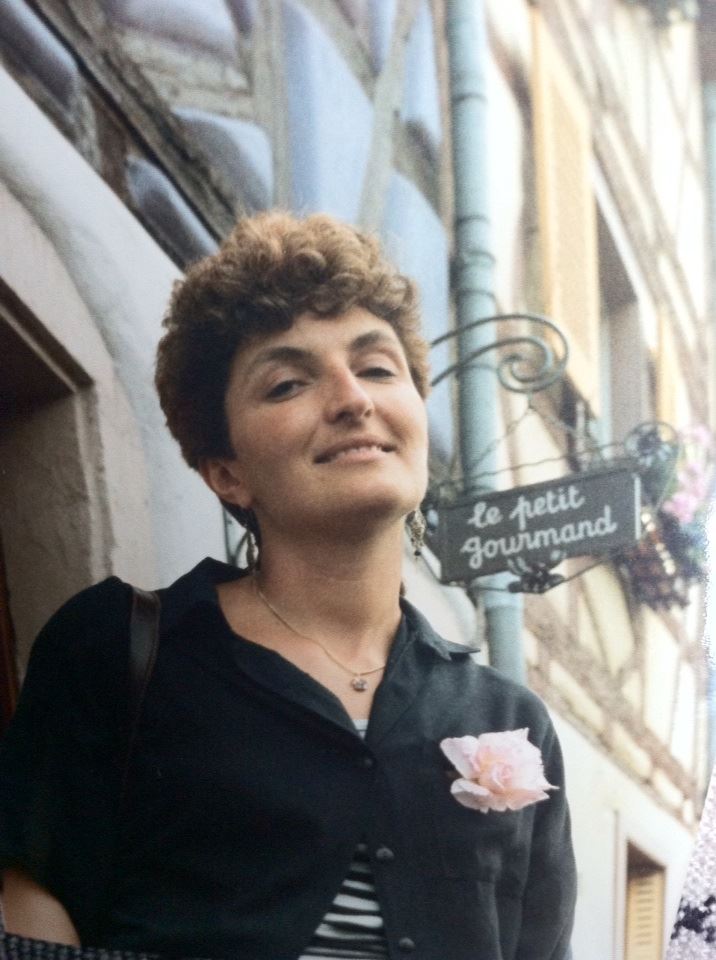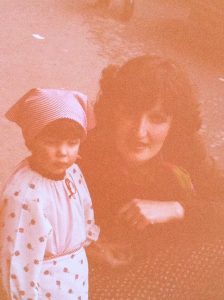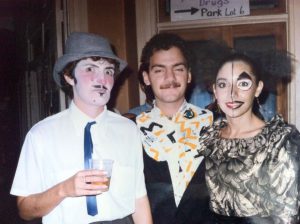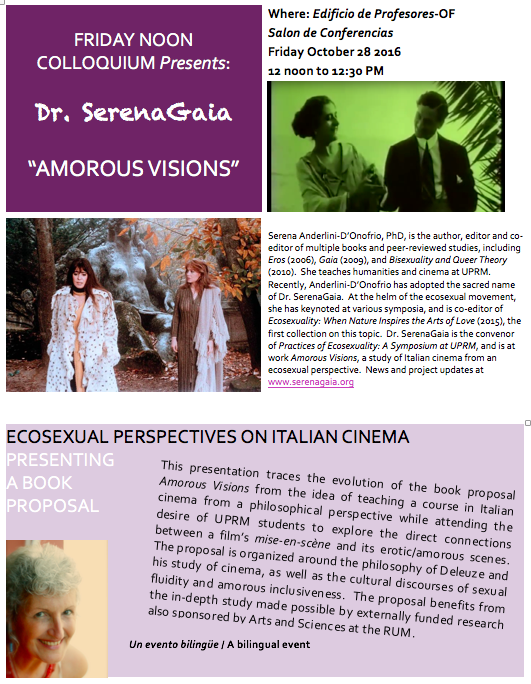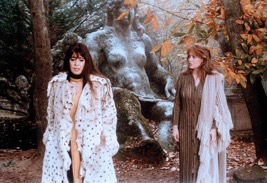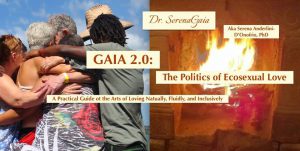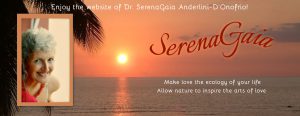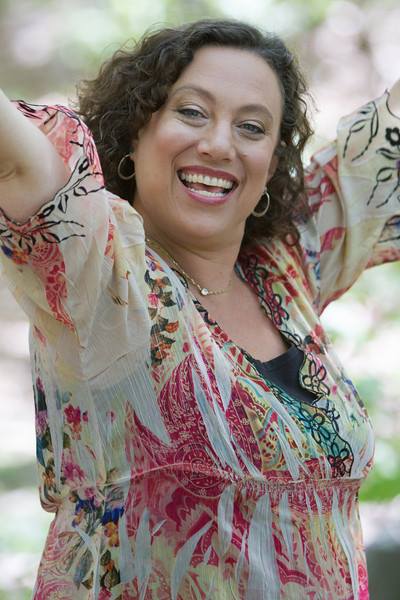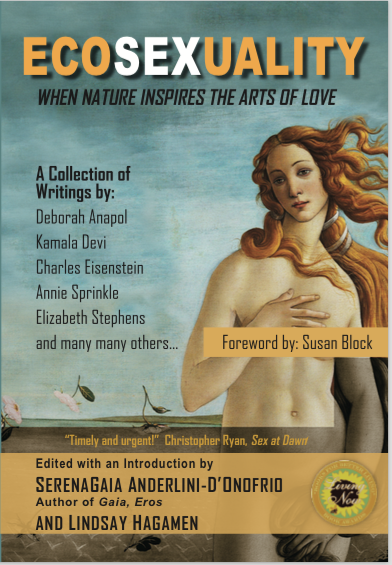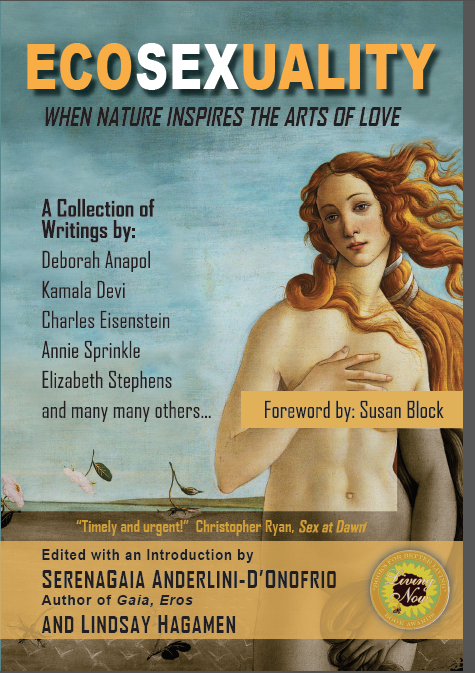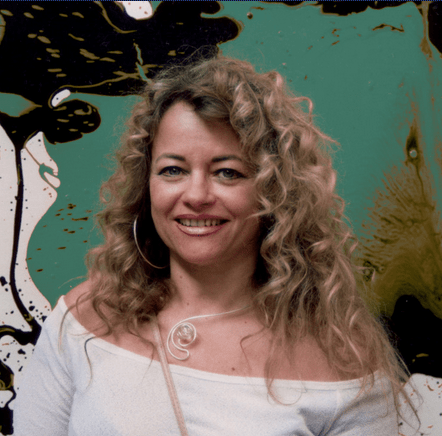
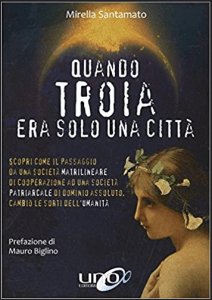
Recently I was lucky enough to get to know the works of the Italian writer Mirella Santamato. I am an avid and attentive reader and these books have captured my attention in a very significant way.
Mirella’s powerful and inspiring voice has entered my heart, it has touched my soul. It got the strings of my inner being to resonate, bringing in new energies, new life. I consider the work of this writer a great gift that the universe brings us when we get close to it.
In fact it is an oeuvre that denotes authenticity, dedication, hope, wisdom, insight, and poetry. I started with Santamato’s autobiographical fiction, Io, Sirena fuor d’acqua, which roughly translates as Me, A Siren Out of Water, and then moved on to other titles, including Quando Troia era solo una città, which roughly translates as When Troy Was Just a City, and which I am reviewing here.
It has been a bit like entering a creative space that in many ways resonates with mine, and which complements and at the same time deepens it.
The book on the Trojan War I am so excited to review, in particular, is a rare gem of knowledge, erudition, reference, intuition, feeling, and wisdom. It is a reading of the Iliad that brings back some remote origins of this poem into the consciousness of a modern reader.
Is the Iliad truly just an epic poem that celebrates war and appreciates the Greeks’ victory over the people of the ancient Asia Minor city called Troy?
Or is it something else too?
Perhaps it is also a poem that mourns the demise of a civilization based on partnership, collaboration, and communion, such as the ones celebrated in Riane Eisler‘s studies of ancient and pre-history.
Santamato’s reading refers to the transition between the partnership cultures that scholars like Riane Eisler and Marija Gimbutas attribute to the Old Europeans, and the cultures of domination, separation, and competition in which we are still steeped.
The question of this transition is very significant to me–as it is to many other scholars invested in looking for causes of the self-destructive paths in which we humans often seem to find ourselves in–and therefore also in finding possible antidotes and cures.
Reading Mirella Santamato’s book about the Iliad and the ancient city of Troy was a great way for me to find the missing link in my perspective. It connects the dots for me, and, in so doing it opens new horizons of the imagination.
Santamato is an attentive reader of this classic of ancient Greek literature, a reader very competent in ancient Greek and in all the cultures of the Eastern Mediterranean at the time of this transition. She also demonstrates competence in the use of a wide range of secondary sources in various intersecting disciplines. Most prominently, Santamato avails herself of the conclusive studies of archeologist Marija Gimbutas, including The Ancient Goddess, and The Language of the Goddess. These studies document the existence of the gylanic cultures of the Old Europeans that populated that continent in the Neolithic.
Those cultures, Gimbutas claims, were matrifocal in that they recognized the centrality of mothers in the human kinship and generation system, and were organized around a Goddess of abundance, welcoming, pleasure, sharing, and fertility.
Santamato aptly combines textual and contextual interpretations, primary and secondary sources, to bring about credible and precious new visions.
Yes, the Iliad could very well be a poem of mourning (“compianto” as Mirella herself describes it) for the city that welcomes handsome Helen and celebrates her choice of freedom, love and beauty. The Iliad could very well be a poem that invokes the power of that ancient Goddess unearthed by the studies of Gimbutas, to preserve the memories of a partnership culture organized around joy and beauty, a culture that was still alive in the city of Troy before the Greeks destroyed it.
We know that, in Sparta, her original city, power and prestige accrued to Helen via marriage to the city’s king. Why would the Iliad be about this woman’s meaningful choice to follow her heart and move to a city where this choice would be appreciated, respected and even revered?
We also know that Hector, brother of Helen’s lover Paris, is the valiant hero who protects the city, its way of life and principles. Why would the poem end with the killing of this hero by Achilles, a killing followed by his savage dragging of Hector’s body across the battlefield?
The mourning aspect of the poem explains these choices much better that the celebratory one.
These are just two examples of why the most commonly accepted interpretation of the Iliad, as an epic poem that celebrates war and marks the Greek victory, is quite reductive indeed. More to the point, this interpretation, as it is perpetuated in schools via conventional teaching, ends up constructing a sense of destiny around domination cultures for humans.
Santamato’s fresh reading connects the dots between Gimbutas’ and Eisler’s studies of partnership cultures and the Iliad, as a cultural testimonio that these cultures at one point really existed.
This is great news!
We absolutely need this knowledge at this time in human evolution.
When all pieces of the puzzle fit together, we can, together, reinterpret the past to invent a new future. A future where all the diverse people that constitute the human family can follow our heart as Helen did.
As she completes the puzzle, Santamato is the one who brings us this gift. It is a brave gift that bodes for a beautiful future.
I highly recommend Mirella Santamato’s work to those who love reading and those who want authentic, courageous, and genuine sources of inspiration.
Thanks for your attention. Mirella Santamato’s books are of great value to me.
I highly recommend them, wishing everyone happy reading!
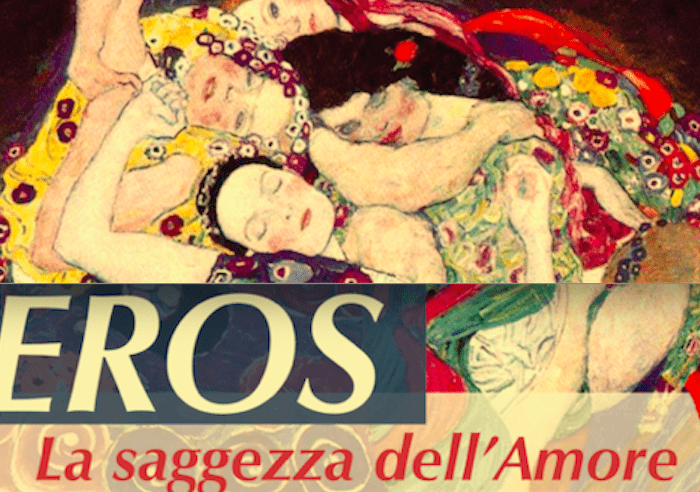
Scopri di più sulla prima edizione in italiano della strabiliante narrativa autobiografica, Eros: La Saggezza dell’Amore. L’edizione Kindle e quella cartacea sono ora disponibili. Perché non regalare, regalarti anche questa opportunità?
# # # # #
Can we answer any questions? Please do not hesitate to contact us. We look forward to serving you in your journey of #EcosexualLove. Enjoy!
 aka Serena Anderlini-D’Onofrio, PhD
aka Serena Anderlini-D’Onofrio, PhD

- Erstwhile Professor of Humanities and Cinema at UPRM
- Convenor of Practices of Ecosexuality: A Symposium
- Author of Multiple Books Website Serenagaia.org
- Contact: serena.anderlini@gmail.com, + 39 329 477 9406.
- Teacher of Humanities Online Series – Modern History for the Humanities and Love
- ResearchGate Profile
- Academia.edu Profile
- LinkedIn Profile
- Fellow at the Humanities Institute, University of Connecticut, Storrs (2012-13)
- Project: “Amorous Visions: Ecosexual Perspectives on Italian Cinema”
#alchimiadellamoreecosessuale #alchemyofecosexuallove #drserenagaia

